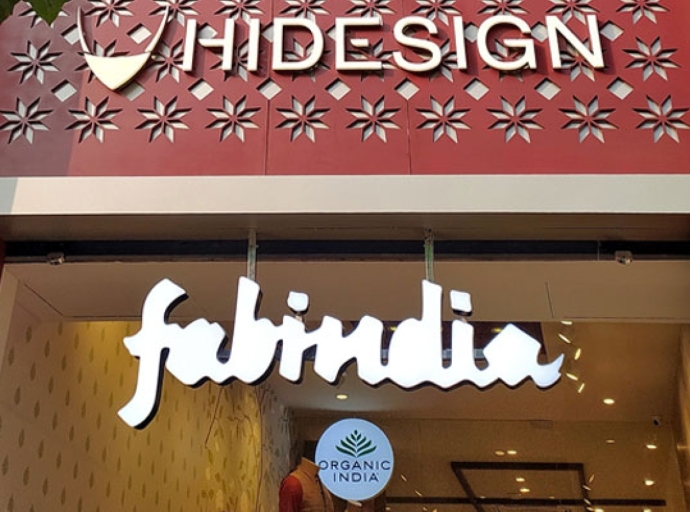Not wishing to be governed by structures and definitions, the new generation is rewriting old rules of dressing. The generation is unpretentious in its clothing choices and prefers to dress in casual and unstructured clothing. As per a Wazir Advisors study ‘The swing towards casual wear’, the category accounted for 36 per cent of the total apparel market in India in FY 2019 and is expected to grow at a CAGR of 16 per cent from Rs 1.37 lakh crore in FY 2019 to touch Rs 2.84 lakh crore in FY 2024. Most of this growth will be driven by brands like Zara, H&M, etc with start-ups like Ola, Flipkart, Zomato, Swiggy, Policy Bazaar, etc further contributing to this growth by employing a large number of Gen Y population. Noticing consumers’ preference for casual wear, many formal wear brands including Louis Philippe, Van Heusen, Arrow, etc, are also launching their sports/casual wear lines.
Utility, comfort drives athlesiure growth
Another emerging category is athleisure clothing that combines utility, comfort and sporty style. Worth Rs 0.42 lakh crore in FY 2019, the athlesiure segment is expected to grow at a CAGR of 25 per cent in coming years. The segment is ideal for customers in the age group of 20-40 years as it enables them to effortlessly switch from gym to casual meets and parties. Some popular brands in this segment are: Benetton, Levis, Tommy etc.
More inclined towards health and well-being, Indian millennial is working towards building a healthy lifestyle, creating a huge demand for active wear in the country. Another factor driving the growth of athleisure in India is its endorsement by popular celebrities. Many Indian celebrities have made athlesiure styles viral through their airport and gym looks. Some celebrities are also launching their own athlesiure brands like actors Tiger Shroff and Jacqueline Fernandez who have partnered Mojostar to launch their private labels Prowl and Just F respectively.
Other celebs like Virat Kohli, Hrithik Roshan, Shahid Kapoor etc, have also launched their own athlesiure brands named Wrogn, OneX, HRX, Skult respectively. Hrithik Roshan’s brand HRX has recorded 110 per cent growth in its sales since its launch in FY 2016. Many non-sports brands too have entered the atheisure segment lately like Van Heusen which offers premium and innovative athleisure ranges for men.
International brands fuel market competitiveness
Thus, an impressive future awaits the casual wear market in India. The entry of international brands and retailers is likely to make the market more competitive, compelling Indian brands to upgrade their fashion quotient and trendiness. They will need to infuse their garments with qualities like convenience, affordability, innovation and sustainability. Only brands that align their fashion trends with their customers’ preferences will survive in the growing market.


_thumbnail.jpeg)


























